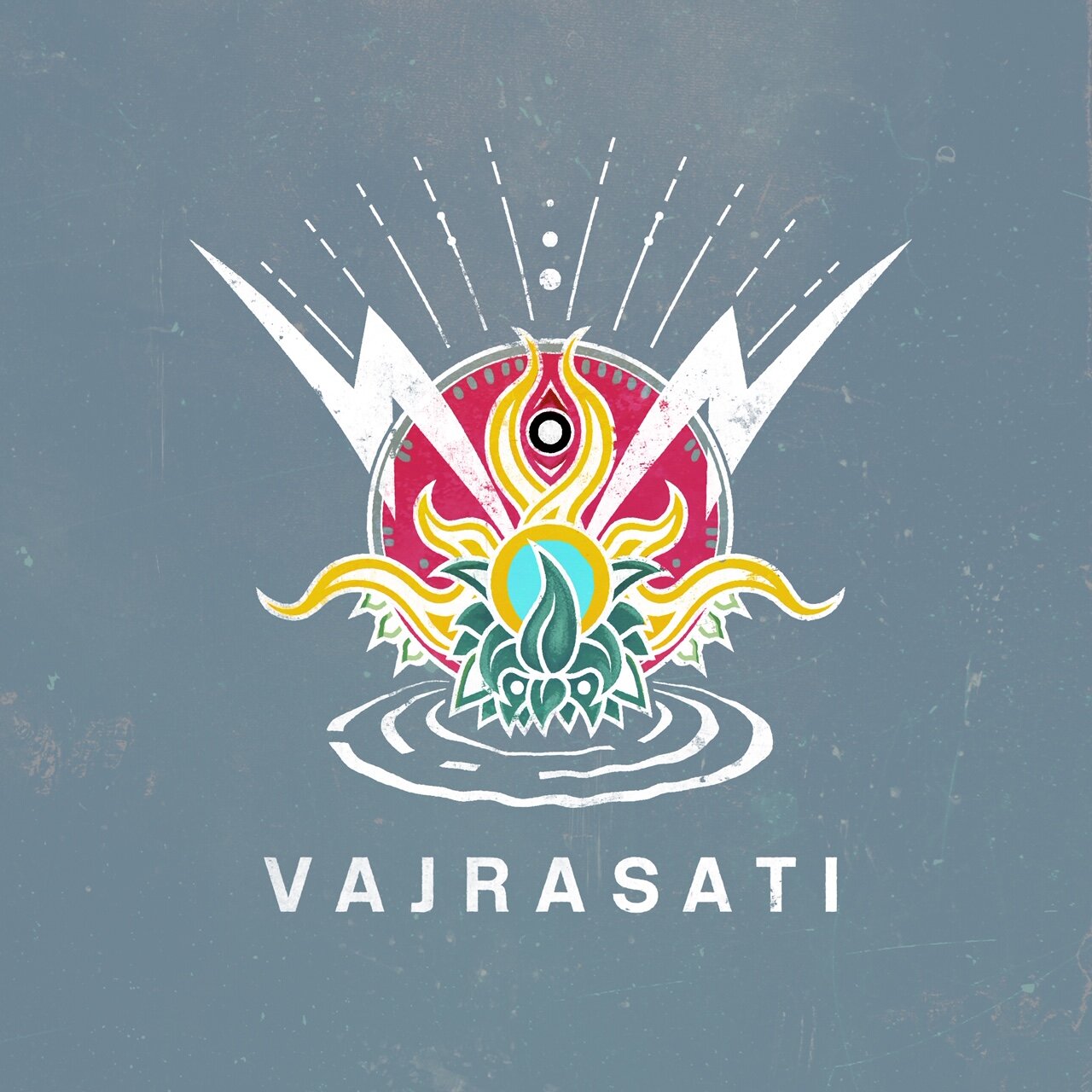Yoga Terms
Adho Mukha Svanasana - Downward-face dog
(pronounced ‘AH-doh MOO-kah shvah-NAHS-anna’; adho = downward, mukha = face; svana = dog)
One of the most widely recognized yoga poses, Downward-face dog is an all-over, rejuvenating stretch.
Ardha Halasana - Half plough
(pronounced ‘are-dah hah-LAHS-anna’; ardha = half, hala = plow)
This calming pose can reduce backache and promote restful sleep.
Balasana - Child’s pose or Hare pose
(pronounced ‘bah-LAHS-anna’; bala = child)
Balasana is a restful pose that can be sequenced between more challenging asanas.
Kriya
Cleansing processes.
Nauli
Intended to regenerate, invigorate and stimulate the abdominal viscera and the gastro-intestinal or alimentary system.
Neti
Nasal irrigation.
Pranayama
Breath control. Inhalation (puraka), exhalation (recaka) and retention (kumbhaka).
Calms and strengthens the mind, creating energy and internal space.
Salamba Sarvangasana - Supported Shoulderstand
(pronounced ‘sah-LOM-bah sar-van-GAHS-anna’; sa = with alamba = support, sarva = all, anga = limb)
This version of Shoulderstand is performed with hands supporting the shoulders.
Savasana - Corpse pose
(pronounced ‘shah-VAHS-anna’, sava = corpse)
This pose is also called Mrtasana (pronounced mrit-TAHS-anna, mrta = death)
A pose of total relaxation - making it one of the most challenging asanas.
Sukhasana - Easy or Seated pose, also referred to as the Pose of Happiness
(pronounced ‘suh-KAHS-anna’, sukh = happiness/delight)
Uddiyana Bandha - Abdominal lock
The second of the three interior body locks used in asana and pranayama practice to control the flow of energy.
Virasana - Hero pose
(pronounced ‘veer-AHS-anna’; vira = man, hero, chief)
Virasana is a balm for tired legs at the end of the day, as well as an alternative to Lotus for seated meditation.
Yamas
(pronounced ‘YAH-mas’)
In Patanjali’s Yoga Sutra, the five yamas, or great universal vows (sarvabhauma maha vratas), are the guidelines for how we interact with the outer world, the social disciplines to guide us in our relationships with others.
They are:
Ahimsa (non-violence)
Satya (truthfulness)
Asteya (non-stealing)
Brahmacharya (celibacy)
Aparigraha (non-covetousness)
